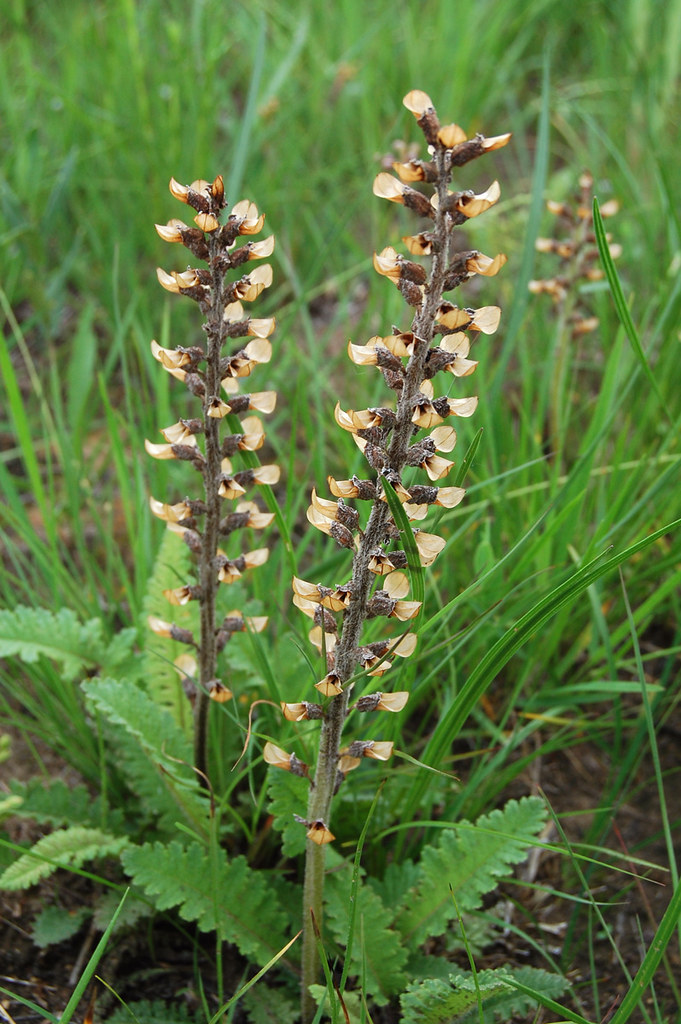Disclaimer: This Materia Medica is provided for informational purposes only and should not replace professional medical advice. Please consult with a qualified healthcare practitioner or herbalist before using any herbal remedies.
Wood Betony (Stachys officinalis): An Exhaustive Materia Medica
As a professional herbalist, I’m pleased to provide an exhaustive materia medica for Wood Betony (Stachys officinalis), a fascinating and historically significant herb. This comprehensive guide will cover its botanical description, traditional and modern uses, preparation methods, dosages, safety considerations, and potential interactions. Please note that herbal medicine should be approached with care and consultation with a qualified healthcare professional is advised before starting any herbal treatment.
Botanical Description:
- Wood Betony, also known as Common Betony or Bishopwort, is a perennial herbaceous plant belonging to the Lamiaceae family.
- It typically grows to a height of 30-60 cm and is characterized by its square stem, opposite leaves, and spikes of purple to reddish-brown tubular flowers.
- The leaves are ovate, serrated, and covered in fine hairs, while the roots are fibrous and rhizomatous.
Traditional Uses:
- Nervine Tonic: Wood Betony has been traditionally used as a nervine tonic to support the nervous system, alleviate anxiety, and promote mental clarity.
- Headache Relief: It was a popular remedy for tension headaches, migraines, and neuralgic pains.
- Digestive Aid: Wood Betony was used to stimulate digestion, alleviate indigestion, and soothe gastrointestinal discomfort.
- Anti-inflammatory: It was employed topically as a poultice for bruises, sprains, and minor wounds due to its anti-inflammatory properties.
- Sleep Aid: Infusions or tinctures were taken to improve sleep quality and address insomnia.
Modern Uses:
- Anxiety and Stress Relief: Wood Betony is still used to ease nervous tension and anxiety, often taken as a tincture or tea.
- Headache Management: Some individuals find relief from migraines and tension headaches through Wood Betony preparations.
- Anti-inflammatory Agent: It can be applied topically as a salve or poultice to reduce inflammation and soothe skin conditions.
- Digestive Support: Infusions or tinctures may help with digestive issues, including indigestion and mild gastritis.
- Immune Support: Some herbalists use it as a general immune system booster, particularly during the cold and flu season.
Preparation Methods:
- Infusion: Steep 1-2 teaspoons of dried Wood Betony leaves and flowers in hot water for 10-15 minutes. Drink up to three times a day.
- Tincture: A common tincture ratio is 1:5 in 40% alcohol. Take 20-40 drops, up to three times a day.
- Poultice: Crush fresh leaves into a paste and apply directly to affected areas.
- Oil Infusion: Combine dried Wood Betony with a carrier oil (e.g., olive oil) and let it infuse for several weeks. Apply as needed.
Dosage: Dosages can vary based on individual needs and specific preparations. Always start with the lowest recommended dose and gradually increase if needed. Consult a qualified herbalist or healthcare provider for personalized guidance.
Safety Considerations:
- Wood Betony is generally considered safe when used as directed. However, some individuals may experience mild digestive discomfort.
- Pregnant and nursing women should avoid Wood Betony due to its potential emmenagogue effects.
- Allergic reactions are rare but possible; discontinue use if any adverse reactions occur.
- Consult with a healthcare professional before using Wood Betony, especially if you are taking medications or have underlying health conditions.
Potential Interactions:
- Wood Betony may interact with medications, particularly those affecting the nervous system or blood pressure. Consult a healthcare provider if you are taking prescription drugs.
- It may potentiate the effects of sedative medications, leading to increased drowsiness.
In conclusion, Wood Betony is a versatile herb with a rich history of use for various ailments. As a professional herbalist, I emphasize the importance of responsible and informed herbal medicine practice. Seek guidance from a qualified herbalist or healthcare provider to ensure safe and effective use of Wood Betony or any herbal remedy.





